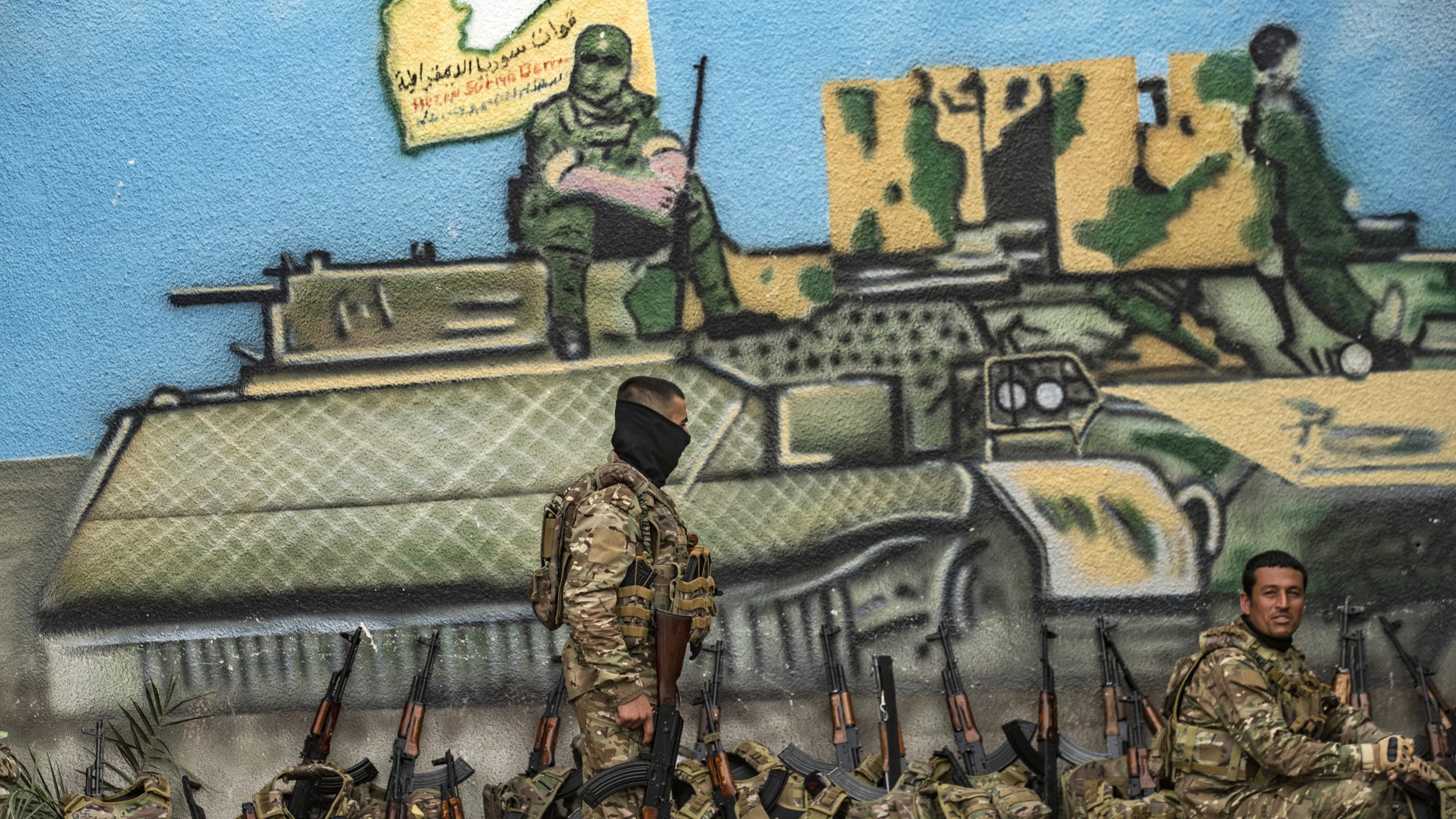Motivated by their dreams of separatism and their ambition to control the wealth of north and northeastern Syria, Syrian Democratic Forces (SDF) militia officials, along with their political arm, the Syrian Democratic Council (SDC), shelved dialogue with Damascus and worked with the U.S. administration. Apparently, these actors decided to maintain the status quo in the relevant areas — at least for now.
After SDF leaders struck the Russian efforts to mediate dialogue with the government in Damascus, observers of the situation in the areas controlled by the Kurdish Autonomous Administration said that the statements of SDF leader Mazloum Abdi and SDC president Ilham Ahmed on Saturday had stepped up their positions against the Syrian government, rejecting a dialogue with it.
Observers said that the leaders’ talk of an unconditional dialogue was not serious. Instead, the leaders were waiting for the U.S. administration’s position on the Turkish invasion and the withdrawal of the U.S. occupation army from the eastern Euphrates areas. This would allow the groups to set preconditions for dialogue that do not align with the national principles of the Syrian state.
Read Also: Lavrov Advises SDC and Reminds them of Trump’s Decision
The observers added that the Kurds had fallen into the trap of temporary, constantly changing U.S. assurances that reflect Washington’s mutable interests in the region and around the world. They turned their backs on Russia, a trustworthy ally seeking a sustainable way out and resolution for the Autonomous Administration’s future. Instead, they continue to place a separatist agenda at the forefront of their political interests and considerations in managing foreign relations, including with some European countries.
The observers pointed out that the SDF and SDC leaders had ignored the volatility of the American position. The latest proof of this unreliability is demonstrated by how the United States sacrificed Afghanistan, a former ally, to subsequent administrations.
The sources indicated that the presence of the U.S. occupation army in SDF areas of influence will not last, yet Kurdish leaders insist on blackmailing the Syrian government as long as the U.S. occupation remains in place. The blackmail seeks to obtain concessions from Damascus, to the greatest extent possible, in any potential round of negotiations. This approach forgets Moscow’s seriousness about sponsoring the dialogue, pledging to bring viewpoints closer together and bridge the gap between the two sides’ positions. The sources recommended that Kurdish leaders note the exclusion of the al-Yarubiyah crossing from the UN “humanitarian cause, according to the recent findings of UN Secretary-General Antonio Guterres in the Security Council, before they continue to make unwise wagers.
This article was translated and edited by The Syrian Observer. The Syrian Observer has not verified the content of this story. Responsibility for the information and views set out in this article lies entirely with the author.


